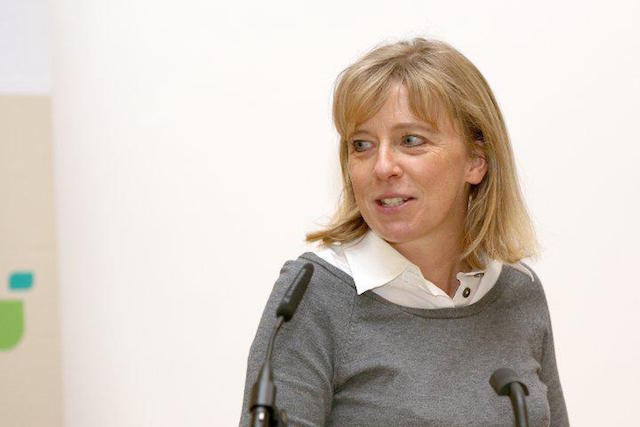“Impact finance is investing with the intention of creating a financial, as well as an environmental and/or social return,” Molitor explained. “It differs from not-for-profit activities in that financial return is part of its goal. Creating a non-financial benefit must also be built in to the investment strategy from the outset.”
Innpact’s role in this is to assist impact finance initiatives to be set up and managed in a professional way. According to Molitor, “Over the last 10 years, Innpact has supported promoters and fund managers from all over the world in developing more than 25 fund projects and 70 impact finance projects, totalling impact investments of €4.6 billion. We support funds from the design phase to marketing through to when they are up and running. Then we continue to support the board or the fund’s managers on issues such as governance, risk and compliance, for example.”
It was thanks to microfinance that Innpact initially got started in 2007. “Luxembourg has developed a lot of experience in microfinance, which laid the basis for impact finance. Following on from this, other sectors came in, such as renewable energies, SMEs, sustainable agriculture etc.”
As for impact finance investors, Molitor explained that, at this point in time they are mainly institutionals and DFIs (development finance institutions), the latter often coming in at a more “junior” level, encompassing a higher risk profile. “Pension funds and private banks specialised in sustainable finance also find impact finance a useful diversification strategy. In fact, we are seeing an increased demand for impact finance from most institutional investors.”
“In the retail sector,” she continued, “demand for impact finance tends to come mostly from high net worth individuals and families. However, more mainstreaming is likely to take place over the next years via Ucits funds, which will integrate more sustainability related factors into their investment criteria, as recommended by the European Commission’s action plan on sustainable finance.”
One of the objectives of the commission’s action plan is, “Establishing a common language for sustainable finance, i.e. a unified EU classification system--or taxonomy--to define what is sustainable and identify areas where sustainable investment can make the biggest impact.” This is something Molitor feels is very important.
“A taxonomy is important as we need to be clear about what is and what is not sustainable finance. To achieve this, we need clear guidelines. Full transparency of information is important to give investors comfort.”
International Climate Finance Accelerator
The International Climate Finance Accelerator (ICFA) Luxembourg was set up in 2018 in order to encourage and support fund managers seeking to establish a climate finance fund (as defined by the labelling agency LuxFlag). A call for applications to benefit from support of the ICFA Luxembourg was sent out and the winners will be announced at the Sustainable Finance Forum set to take place on 30 May 2018. Four winners will be announced who will then be on-boarded to the accelerator, which will be located at the new House of Startups, where they will receive exceptional support in the form of: training, support in key areas for management of climate finance funds, coaching, an operating capital loan and assistance in fund-raising.
